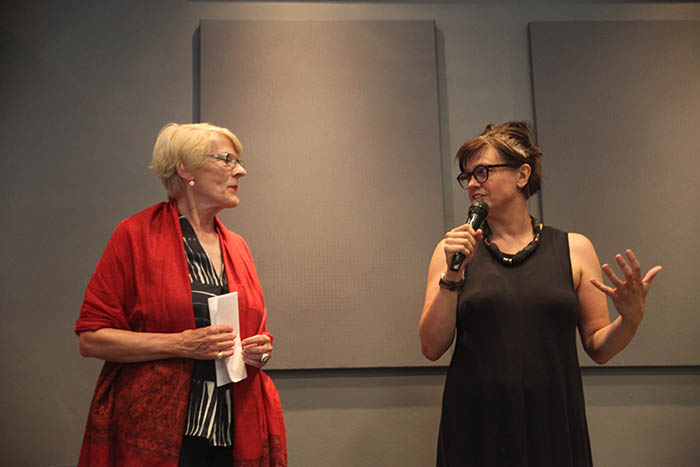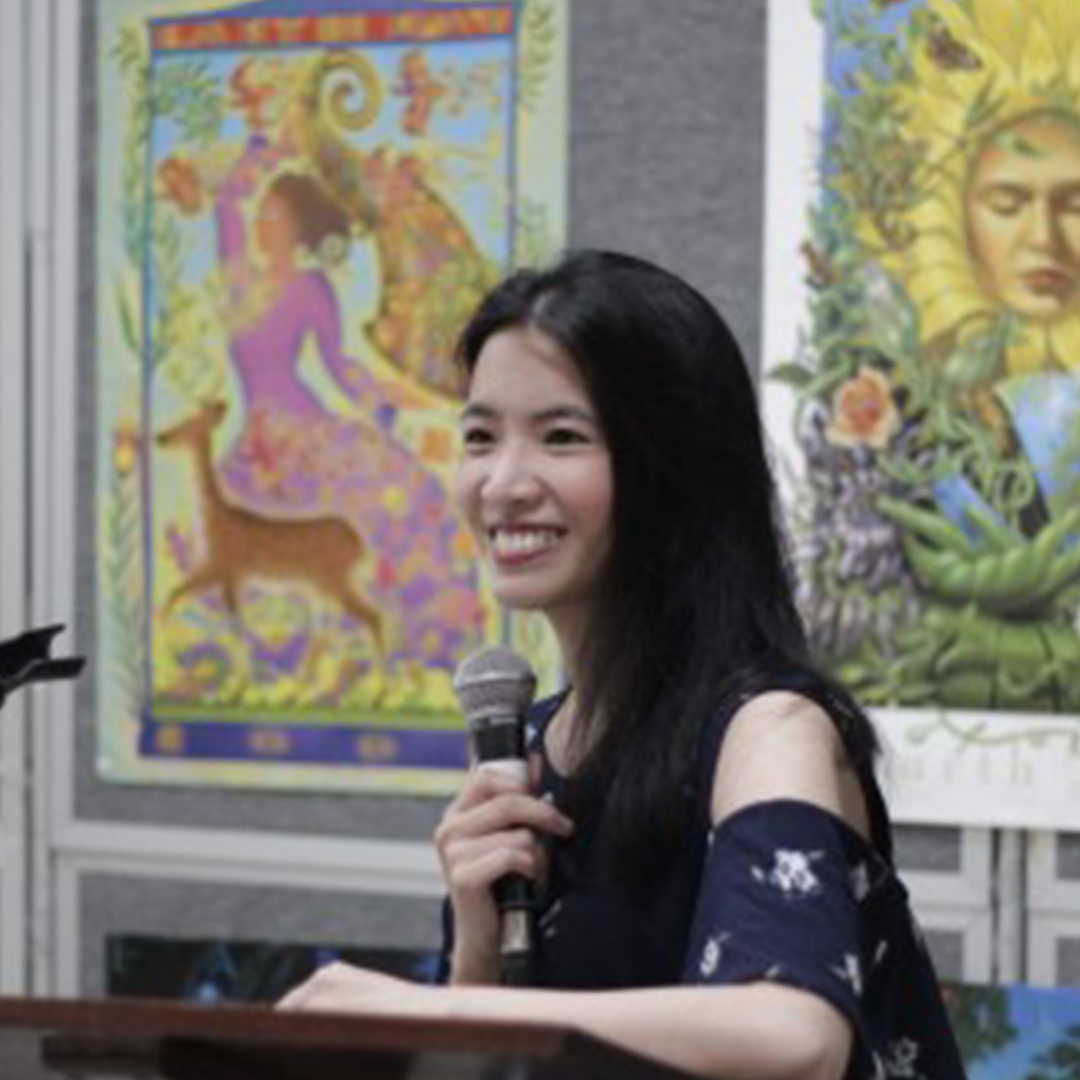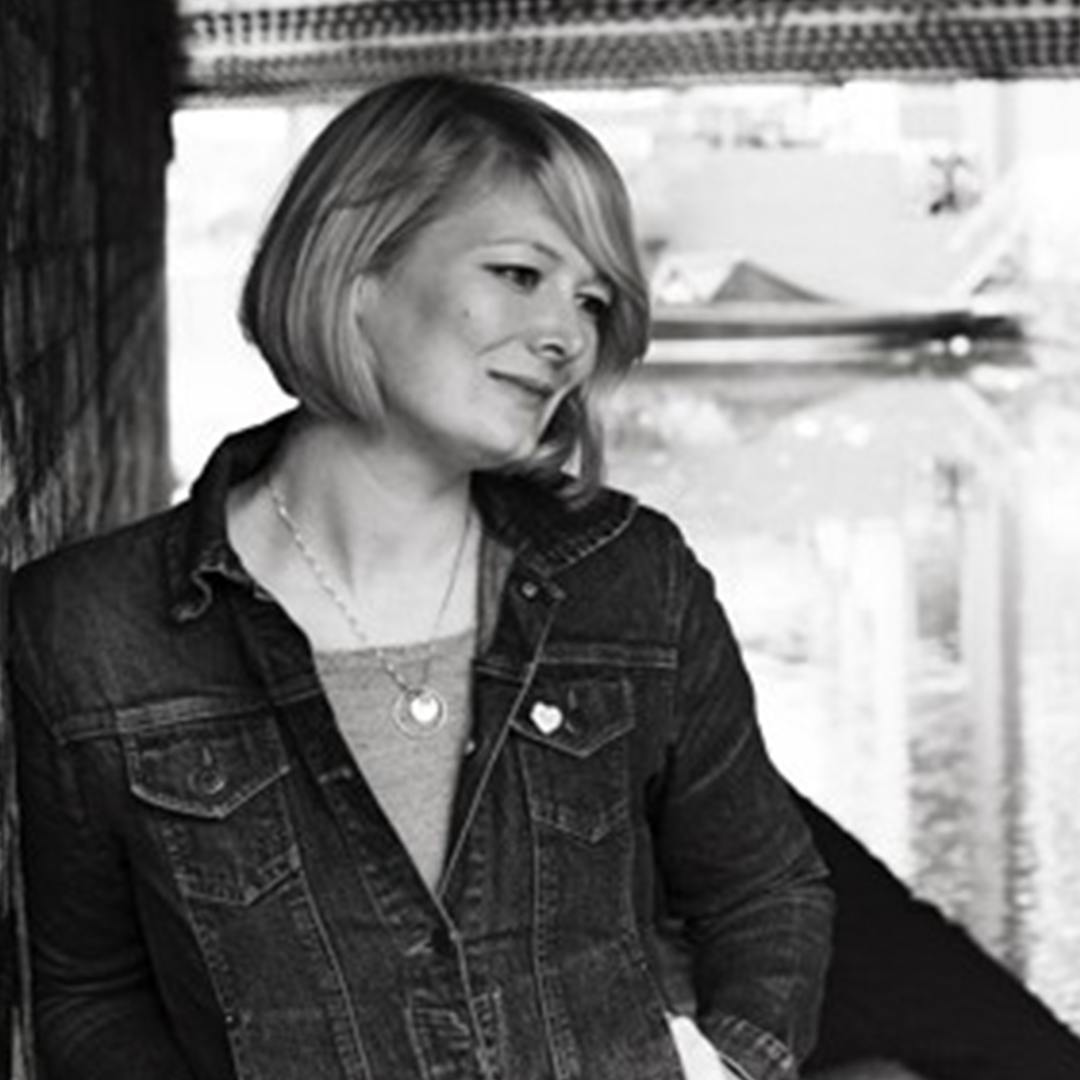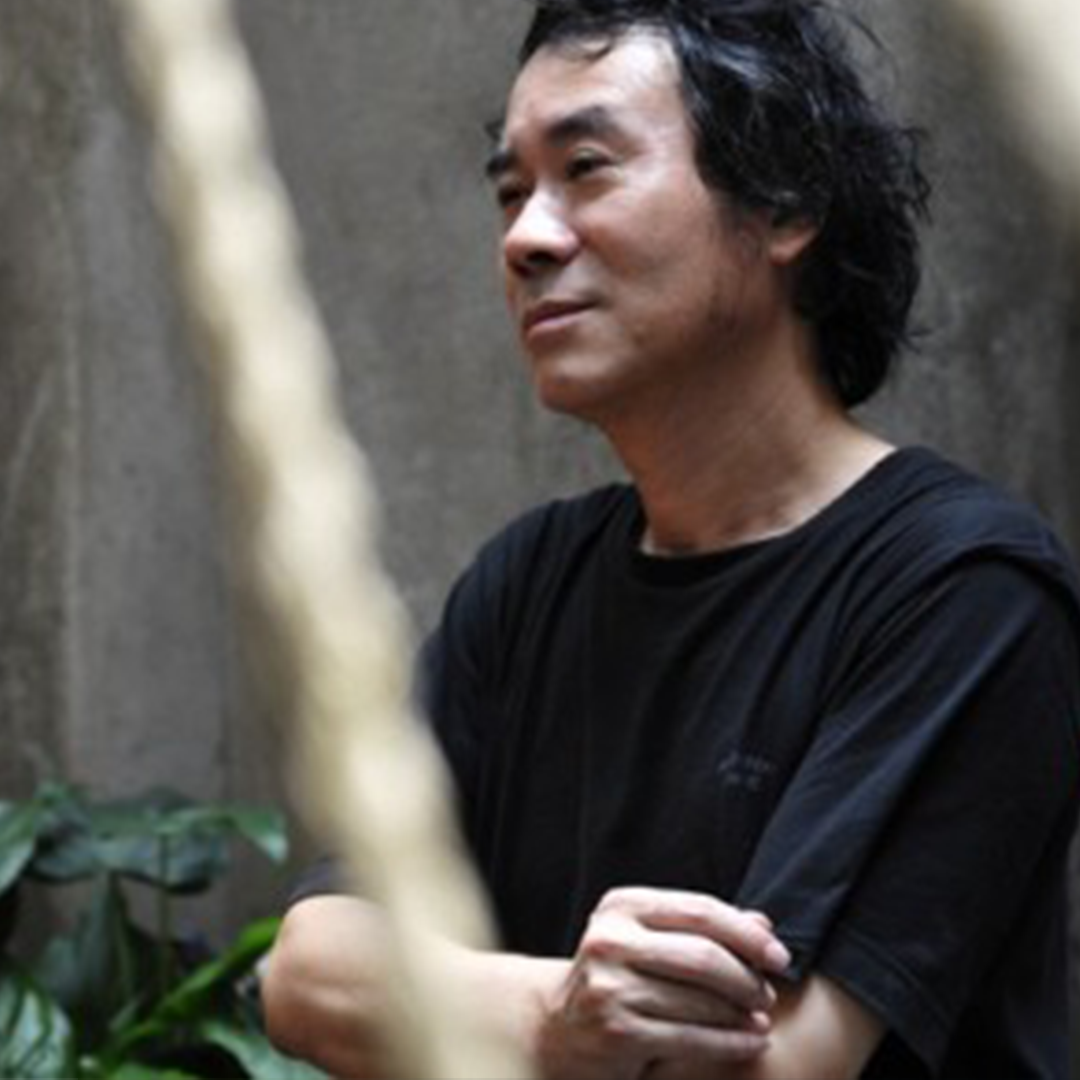10 Dec 2019 | Magazine, Magazine Editions, Volume 48.04 Winter 2019
Poet
Tammy Lai-ming Ho is an award-winning poet, translator and academic who is documenting the Hong Kong protests through poetry
Writer
Author of the bestselling hit humour titles The Beautiful Poetry of Donald Trump and Vladimir Putin, Life Coach, Rob Sears is a writer based in London
Opera singer
Jamie Barton is an American opera singer, who performs globally. She headllined Last Night of the Proms at Royal Albert Hall this summer
12 Sep 2019 | Magazine, Magazine Editions, Volume 48.03 Autumn 2019
Novelist
Elif Shafak is an award-winning Turkish novelist and advocate for free expression. Her latest novel 10 Minutes 38 Seconds in This Strange World has been long-listed for the Booker Prize.
Novelist
The award-winning novelist Kerry Hudson’s memoir Lowborn captured the imagination of the British public this year because of her vivid description of her dysfunctional family and growing up in poverty in the UK.
Writer
Chen Xiwo is a censored Chinese author, most famous for his collection of stories The Book of Sins which was published in English in 2014. His controversial novella I Love My Mum remains banned in China
10 Sep 2019 | Mexico, News and features, North Korea, South Korea, United Kingdom, United States, Volume 48.03 Autumn 2019
In the Index on Censorship autumn 2019 podcast, we focus on how travel restrictions at borders are limiting the flow of free thought and ideas. Lewis Jennings and Sally Gimson discuss the latest issue of the magazine and reveal what to expect. Guests include trans woman and activist Peppermint, runner-up of RuPaul’s Drag Race season nine, who opens up about a transphobic experience in a Russian airport; San Diego photojournalist Ariana Drehsler talks about her detainment at a Mexican border and how this compares to a similar situation that happened in Egypt; and Steven Borowiec, a regular contributor to the magazine based in South Korea, discusses the laws surrounding the toughest border in the world.
Print copies of the magazine are available on Amazon, or you can take out a digital subscription via Exact Editions. Copies are also available at the BFI, the Serpetine Gallery and MagCulture (all London), News from Nowhere (Liverpool). Red Lion Books (Colchester) and Home (Manchester). Each magazine sale helps Index on Censorship continue its fight for free expression worldwide.
The autumn 2019 podcast can also be found on iTunes.
5 Jul 2019 | News and features, Volume 48.02 Summer 2019 Extras
[vc_row][vc_column][vc_column_text]
“What is said and what is written is unbelievably important,” said Trevor Phillips, chairman of the board of Index on Censorship, at the close of the recent launch party for the Summer 2019 edition of Index Magazine.
The summer 2019 edition, Judged: How Governments Use Power to Undermine Justice and Freedom, looks at attempts to undermine freedom of expression through attacks on the judiciary. The magazine covers issues ranging from new laws in Venezuela intended to limit freedom of the press to instances of self-censorship due to government control of content-sharing platforms in China to new technology created by journalists to check back against threats from politicians regarding the coverage of recent elections in South Africa.
Rachael Jolley, editor of Index magazine, explained that the idea behind the theme came from conversations she had with journalists in Italy covering areas with limited press freedom and hostile environments for journalists. She said, “one of the things that [the journalists] said kept them going was that there were still lawyers who were willing to stand up with them and defend them when they were attacked, when they had libel suits against them, when all the things that happen to them mean that they end up having to stand before a judge.”
This inspired Jolley to curate the latest edition of the magazine around legal issues, to address the legal fight for free speech behind the work of journalists to liberate the media under repressive regimes.
The keynote speaker of the evening was German writer Regula Venske, whose article What Does Weimar Mean to us 100 Years On? was published in the issue. Venske spoke about the history and ultimate downfall of the Weimar Republic, which is now known for fraught democracy and the promotion of freedom of expression, though Venske spoke about how attempts to preserve free speech in the republic were often complicated or insufficient. She walked the audience through some of the influential writing and art produced before the republic’s fall to Nazism.
To conclude, Venske quoted Weimar-era author and poet Erich Kästner: “You cannot fight the avalanche once it has developed into an avalanche, you have to crush the snowball.”
Venske added: “I think that is quite a good saying for the times we are now living in, though unfortunately, he did not leave a recipe for how one could prevent this. I think we need to keep on working for it.”
Phillips, the last speaker of the evening, lamented the state of media freedom in the multiple countries where right-wing leaders have recently come to power. He mentioned specifically the rise of Viktor Orbán in Hungary and Jair Bolsonaro in Brazil, two countries covered in the summer issue. “My time at Index has been marked not by the incredible march of progress but actually a reminder, pretty much every week, why what this organisation does is so important,” he said.
He applied Kästner’s quote to the work Index on Censorship continues to do around the globe. Like Kästner, he explained, Index works to warn the people before the snowballs represented by the arrest of a journalist or the censorship of an artwork become an avalanche of fascism.
“The avalanche starts long before you hear it,” Phillips concluded. “A large part of what we do is give the avalanche warning.”
[/vc_column_text][/vc_column][/vc_row][vc_row][vc_column width=”1/3″][vc_custom_heading text=”Subscribe”][vc_column_text]In print, online, in your mailbox, on your iPad.
Subscription options from £18 or just £1.49 in the App Store for a digital issue.
Every subscriber helps support Index on Censorship’s projects around the world.
 SUBSCRIBE NOW[/vc_column_text][/vc_column][vc_column width=”1/3″][vc_single_image image=”107175″ img_size=”medium”][/vc_column][vc_column width=”1/3″][vc_custom_heading text=”Listen”][vc_column_text]The summer 2019 magazine podcast, featuring interviews with best-selling author Xinran; Italian journalist and contributor to the latest issue, Stefano Pozzebon; and Steve Levitsky, the author of the New York Times best-seller How Democracies Die.
SUBSCRIBE NOW[/vc_column_text][/vc_column][vc_column width=”1/3″][vc_single_image image=”107175″ img_size=”medium”][/vc_column][vc_column width=”1/3″][vc_custom_heading text=”Listen”][vc_column_text]The summer 2019 magazine podcast, featuring interviews with best-selling author Xinran; Italian journalist and contributor to the latest issue, Stefano Pozzebon; and Steve Levitsky, the author of the New York Times best-seller How Democracies Die.
LISTEN HERE[/vc_column_text][/vc_column][/vc_row]







![]() SUBSCRIBE NOW[/vc_column_text][/vc_column][vc_column width=”1/3″][vc_single_image image=”107175″ img_size=”medium”][/vc_column][vc_column width=”1/3″][vc_custom_heading text=”Listen”][vc_column_text]The summer 2019 magazine podcast, featuring interviews with best-selling author Xinran; Italian journalist and contributor to the latest issue, Stefano Pozzebon; and Steve Levitsky, the author of the New York Times best-seller How Democracies Die.
SUBSCRIBE NOW[/vc_column_text][/vc_column][vc_column width=”1/3″][vc_single_image image=”107175″ img_size=”medium”][/vc_column][vc_column width=”1/3″][vc_custom_heading text=”Listen”][vc_column_text]The summer 2019 magazine podcast, featuring interviews with best-selling author Xinran; Italian journalist and contributor to the latest issue, Stefano Pozzebon; and Steve Levitsky, the author of the New York Times best-seller How Democracies Die.